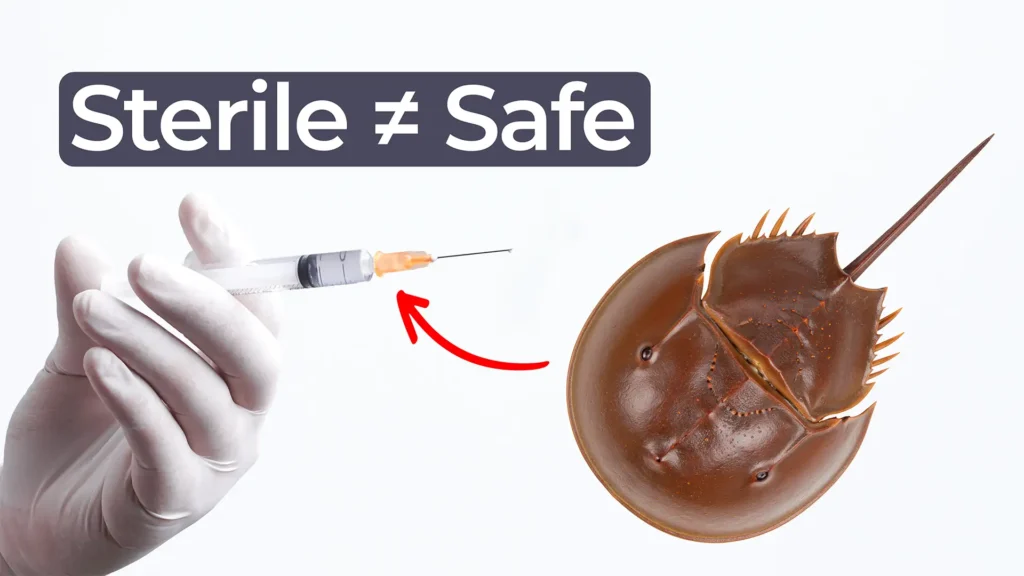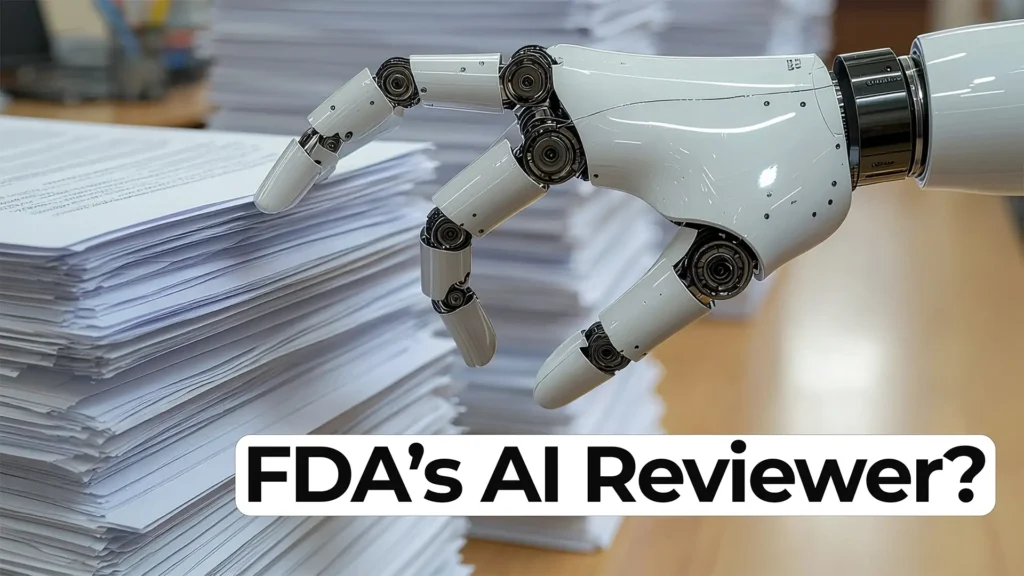
Bio Break Book Club: Sleep Science and Change Management
In this Bio Break episode, Nick Allan and Nigel Syrotuck share what they have been reading lately. From exploring the science of sleep to diving into change management, their picks show how books can spark insight both inside and outside the lab.
Why We Sleep: A Scientific Perspective
Nick admits he has been working through Why We Sleep by Dr. Matthew Walker. The book takes a detailed look at sleep science, including melatonin levels and REM cycles. While Nick appreciates the depth and the references, he jokes that reading it at bedtime makes it hard to get very far. Despite the challenge, he calls it a fascinating resource for anyone curious about the mechanics of rest.
Change Management and Innovation
Nigel has been reading a book on change management. He explains that it helps him stay on top of how innovation is rolled out in real-world organizations. The focus is on aligning teams, improving processes, and making sure new approaches are adopted effectively. While less technical than Nick’s choice, Nigel values it as an important lens for understanding how change succeeds.
A Lighter Take on Reading
The conversation even touches on whether fish sleep, sparked by Nigel’s son asking about their new betta fish. This lighthearted exchange highlights the mix of curiosity and humor that defines the Bio Break book club. Together, Nick and Nigel show that scientific detail and organizational strategy both have a place in shaping how we think about innovation.
Enjoying Bio Break? Sign up to get new episodes sent to your inbox.
Related Resources


Nick and Nigel walk through how sterile disposables are processed and verified before they reach the field.

The FDA agentic AI is making headlines after the agency announced its own internal AI review tool. In this episode of MedDevice by Design, Ariana and Mark discuss what this could mean for medical device submissions and regulatory efficiency.

The sandwich ELISA assay is one of the most common ELISA formats used in diagnostics. Nick and Nigel walk through the method step by step using simple visuals and plain language.
